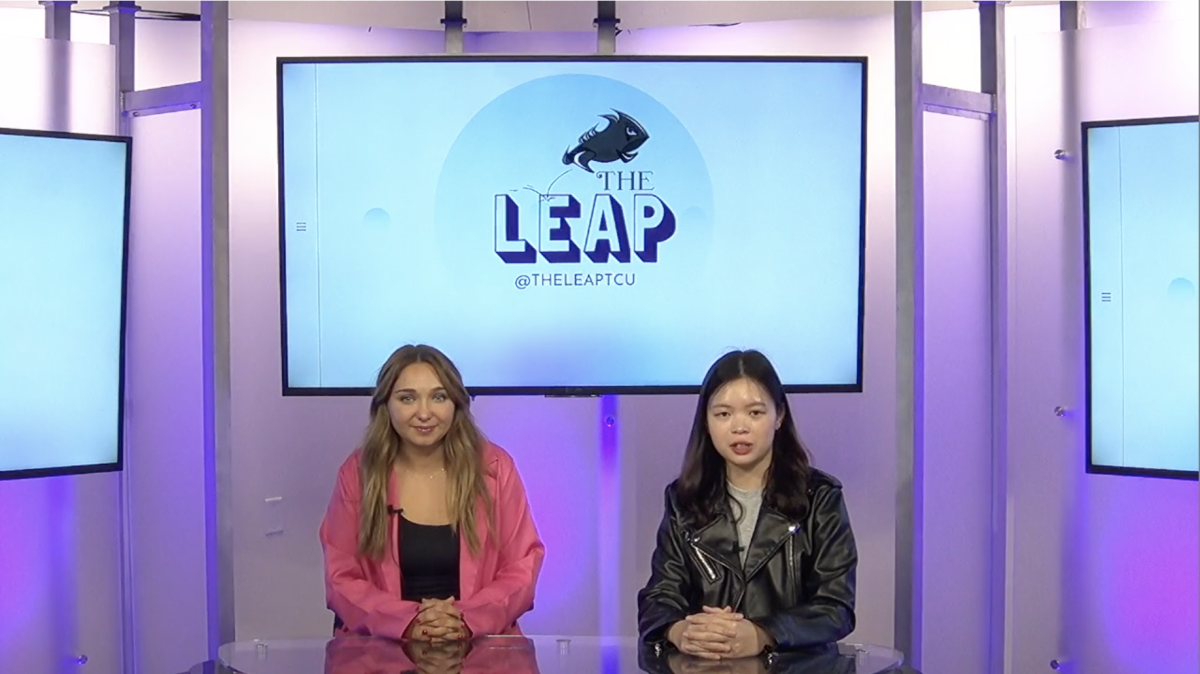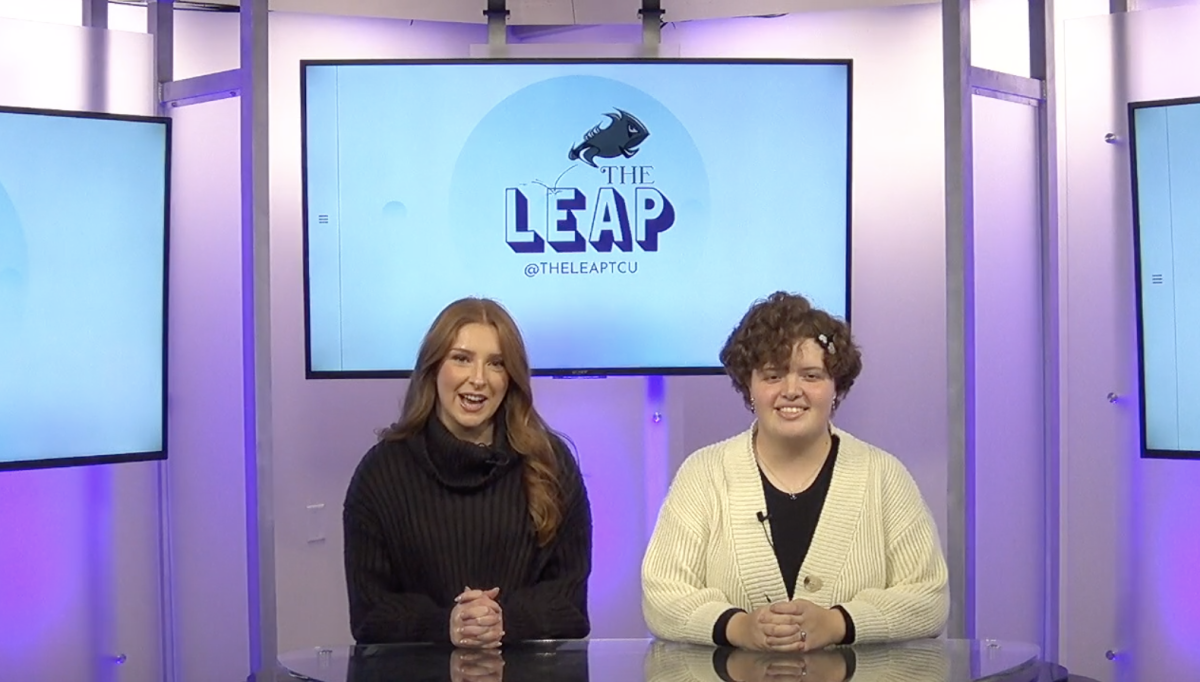Among the many definitions Merriam-Webster.com provides for the word “issue,” one rings true when it comes to social issues in particular: “a final outcome that usually constitutes a solution or resolution.”
It is hard to say whether or not the myriad social issues at hand today will result in solutions or resolutions.
It is safe to say the goal is to find solutions for them, though.
And the multicultural groups at TCU are striving for just that.
On Sept. 12, the university’s chapter of the National Association for the Advancement of Colored People (NAACP) held a forum on hate and discrimination titled, “Hate on me, Haters!.” The forum was the first of two discussing hate and discrimination of various forms.
According to the TCU Student Development Services website, TCU has 11 minority Greek organizations from the National Pan-Hellenic Council and National Multicultural Greek Council combined.
Additionally, the university features organizations that highlight the development and unity of cultural and ethnic groups, such as the NAACP, Black Student Association, Asian Student Association, African Heritage Association and Muslim Student Association, just to name a few.
Organizations like these encourage active discussion of pressing social issues in a place where they are most apparent.
In social settings like TCU, which is a predominately white institution, racial, social and cultural issues become all the more apparent. This often presents those who are of a racial, social or cultural minority with yet another barrier to overcome.
When one compares the programmatic efforts of minority groups and majority groups on campus, it is clear there are two separate objectives in mind.
For instance, at its meetings, NAACP discusses current events involving discrimination or wrongful treatment of minorities and marginalized social, cultural and ethnic groups. Also, Lambda Theta Alpha Latin Sorority, Inc. held an anti-hazing forum this past Wednesday in honor of National Hazing Prevention Week, which is currently underway.
Inclusiveness and Intercultural Services has paired for the past two years with NPHC fraternity Alpha Phi Alpha Fraternity, Inc. and NAACP to participate in the annual Martin Luther King Day of Service . This event was created to honor King, who championed the Civil Rights Movement of the 1960s and brought attention to the importance of service in our everyday lives. Not service in regards of “helping the underprivileged and unfortunate in our community,” but an understanding that it is our duty as humans to serve each other, regardless of race, ethnicity, gender, socioeconomic status, sexual orientation or any form of personal preference. Other groups claim “service” is “philanthropy,” which basically consists of writing a check to a “charitable” organization. The former definition of service is what sets the multicultural and minority groups on campus apart.
In order for students to establish a legacy of vibrant diversity and acceptance, it is crucial that student organizations follow this model as they mobilize awareness and activism amongst their members and the campus community.
If student organizations want to be active components in seeking those final outcomes for social issues, they must recognize and discuss those issues in their programming and then strive to actively seek those solutions and answers.
Wyatt Kanyer is a senior news-editorial and Spanish major from Yakima, Wash.






